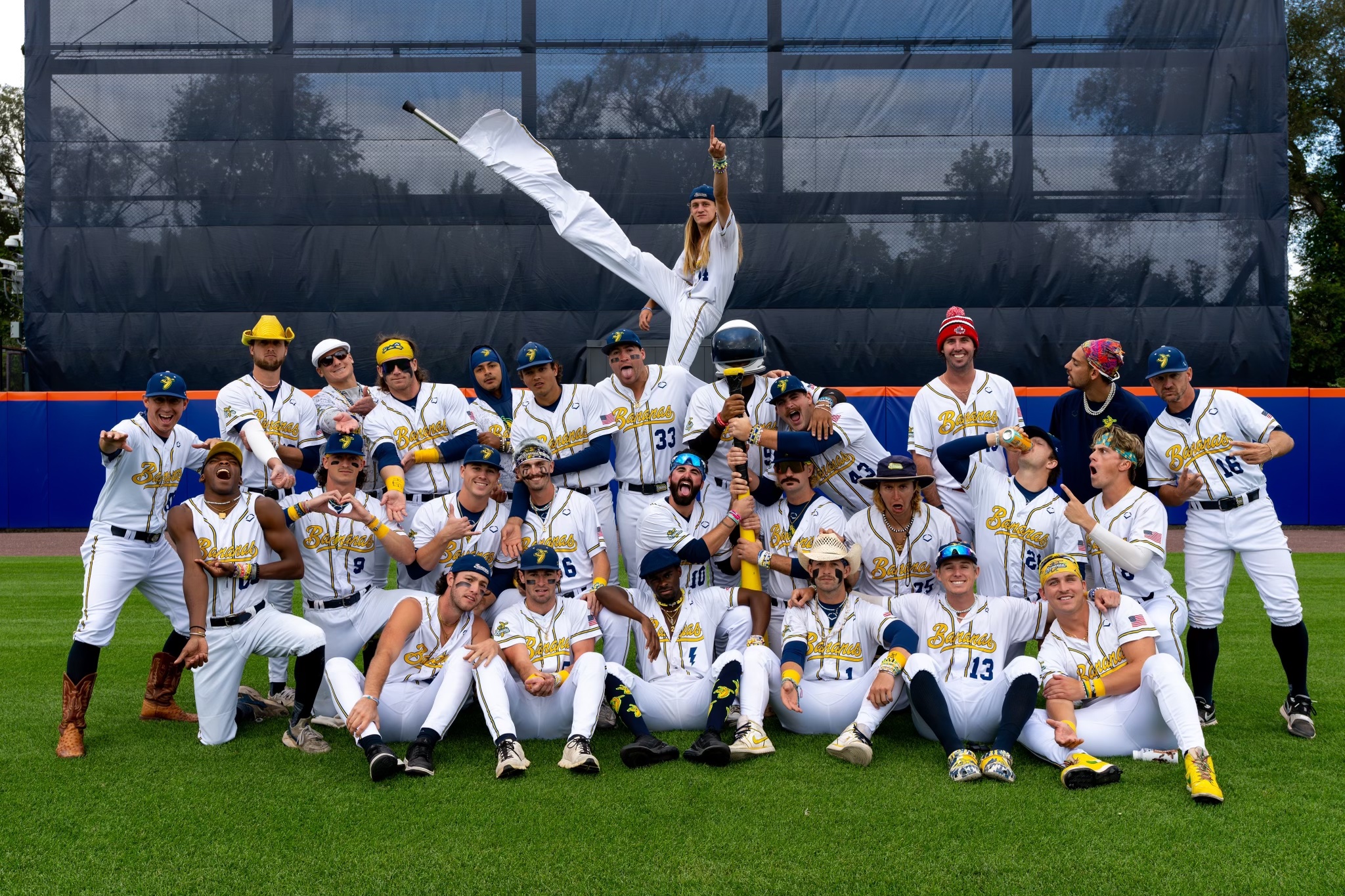By: Sana Myiesha Riyas, Law Student at IFIM School of Law
Football agents, also identified as intermediaries, serve as negotiators for players in dealings with clubs and strive to secure the most beneficial arrangement for their clients. They also provide various other services, such as managing the financial and image rights of players, as well as brokering sponsorship agreements. The position of football agents has grown in significance in recent times, as the transfer market has become more fiercely competitive and player salaries have escalated.[i] Numerous well-known football agents can be found in European football and represent some of the most prominent names in the sport. One of these agents is Mino Raiola, who has represented players such as Zlatan Ibrahimovic, Paul Pogba, and Erling Haaland.[ii] Raiola is known for his assertive negotiating style and has been involved in some of the most notable transfers of recent times.
Despite being one of the most reputed agents in the European football industry, Raiola was given a three-month suspension by the Italian Football Federation (FIGC) in 2017 for a breach of their regulations.[iii] The suspension was related to the transfer of Gianluca Scamacca from Roma to PSV Eindhoven. Raiola was accused of having a conflict of interest as he represented both the player and the selling club. Raiola appealed the suspension, but it was upheld by the Italian National Olympic Committee.[iv] The case highlighted the importance of avoiding conflicts of interest in football agent practices.
Another example is Jorge Mendes, who represents Cristiano Ronaldo, Jose Mourinho, and a host of other high-profile players. Mendes is one of the most influential agents in the game, known for securing lucrative deals for his clients. In 2015, Mendes was accused of tax evasion by the Spanish authorities. The investigation centered around the transfer of Radamel Falcao from Atletico Madrid to Monaco in 2013. Mendes was accused of creating a network of offshore companies to avoid paying taxes on the transfer fee. The case highlighted the importance of transparency in football agent practices and the need for agents to comply with tax regulations.[v]
Football agents have become an essential component of the current game. They aid in transfers, bargaining arrangements, and oversee player affairs. Nonetheless, their function in European football has become the subject of investigation in recent times, with apprehensions regarding their impact on the sport and the ethical dilemmas that come with their methods. There are also concerns about the lucidity of the charges imposed by football representatives, which can be significant. The absence of openness in this field can result in conflicting interests, as agents may prioritize their own financial gain over that of their clients. In this blog post, we will examine the legal and ethical consequences of football agents in European football.
Legal Framework for Football Agents in Europe
The activities of football agents in Europe are regulated by an intricate regulatory framework, as each nation has established its own set of statutes and rules. Additionally, the European Union has implemented regulations that impact the actions of football agents across its member states. The most consequential of these regulations is the FIFA Regulations on “Working with Intermediaries,”[vi] which outlines the guidelines that agents must adhere to when representing players in transnational transfers. The utilization of intermediaries can be advantageous for both players and clubs, as they can offer valuable expertise and guidance during the negotiation process.[vii]
As per FIFA regulations, football agents must obtain licensure and registration from the appropriate national football association. Agents are prohibited from representing both the player and the club in a single transaction, and from charging exorbitant fees. The transgression of these regulations can lead to disciplinary action, such as fines or suspension of the agent’s license. FIFA’s regulations ensure that agents conduct themselves ethically and in the best interests of their clients, curbing conflicts of interest and corruption. Furthermore, the regulations prevent clubs from being exploited by unscrupulous agents who may attempt to manipulate transfer fees or salaries.[viii] These regulations created a structured approach to resolving disagreements between agents, players, and clubs. This is imperative for preserving the integrity of the sport.
Ethical Issues in Football Agent Practices
While the vast majority of agents operate ethically and in the best interests of their clients, there are still a number of ethical issues that arise in football agent practices. A crucial ethical issue among football agents is the potential for conflicts of interest. Agents are frequently compensated on a commission basis, which incentivizes them to secure the most favorable outcome for their clients. Nevertheless, this arrangement can engender conflicts of interest, particularly if an agent represents multiple players vying for the same position or transfer target.[ix]
The second major ethical quandary faced by football agent practices pertains to transparency. Some agents have been accused of concealing the actual nature of their affiliations with players and clubs, which can lead to an unbalanced negotiating environment. In transfer negotiations, transparency is of paramount importance, as clubs require knowledge of the identity of their counterparts and the particulars of the deal.
Another ethical dilemma in football agent practices is the utilization of third-party ownership (TPO). TPO is a contentious practice in football that entails investors acquiring a share of a player’s economic rights. This grants them a percentage of any transfer fees received for that player.[x] This practice has been outlawed by FIFA and other football governing bodies because of concerns over conflicts of interest and the exploitation of young players. [xi] When investors own a share of a player’s economic rights, they may have a vested interest in certain transfer deals or playing time decisions, resulting in an uneven playing field during negotiations. This can lead to a situation where players are valued not for their abilities and potential, but for their economic worth to investors. In response to these apprehensions, FIFA and other football authorities have implemented a complete ban on TPO. The ban is enforced across all FIFA member associations to guarantee that the sport is equitable, transparent, and free from exploitation. Despite the ban, there have been some notable instances of TPO in recent years. For example, in 2013, Brazilian star Neymar’s transfer to Barcelona was partly funded by a company called DIS, which had a stake in Neymar’s economic rights. The case triggered legal proceedings in Spain and Brazil, leading to the eventual ban on TPO by FIFA.[xii]
Furthermore, although rare, another ethical concern is the exploitation of young players. Agents have been accused of exploiting young players by forcing them to sign contracts or taking a portion of their earnings without offering any real value in return. This is particularly problematic in situations where young players come from disadvantaged backgrounds and lack access to legal or financial advice.[xiii]
Conclusion
The ethical dilemmas within football agency practices are intricate and multifaceted. Notwithstanding the ethical and advantageous practices adopted by some agents, several challenges remain unresolved to guarantee a fair, transparent, and exploitation-free football domain. The responsibility of addressing these predicaments and cultivating ethical conduct in the sport lies with football authorities, agents, and players alike. Although the FIFA Regulations on “Working with Intermediaries”[xiv] present a code of conduct for agents to abide by when representing players in international transfers, there are still ethical dilemmas regarding conflicts of interest, poaching, and non-transparency of fees. To solve these issues, there should be greater accountability and transparency in football agency operations. National and international football organizations should collaborate to fashion a regulatory framework that maintains the integrity of the sport while simultaneously safeguarding the interests of players and clubs.
I Boggs, S.P., Intermediaries in Football: An Update on CAS Jurisprudence. Sports Shorts. (Jan. 1, 2018), https://www.sports.legal/2018/01/intermediaries-in-football-an-update-on-cas-jurisprudence/.
[ii] Goal, who is Mino Raiola? the ‘super-agent’ representing Ibrahimovic, Pogba, Haaland & More, Goal.com. (2023, April 28, 20:30 ), https://www.goal.com/en/news/who-is-mino-raiola-the-super-agent-representing-zlatan-ibrahimovic-paul-pogba–more/1viqux2cvkpdl1dad9x33qhpe0
[iii] Andrew Cesare Richardson, FIFA makes super-agent Mino Raiola’s three-month ban worldwide, ESPN (May 11, 2019, 01:20 AM), https://www.espn.com/soccer/story/_/id/37572578/fifa-makes-super-agent-mino-raiola-three-month-ban-worldwide
[iv] Kuper, S., Mino Raiola: Meet the super-agent behind Pogba and Ibrahimovic, Financial Times. (Oct. 28, 2016), https://www.ft.com/content/548155cc-9bcf-11e6-b8c6-568a43813464
[v] Afp, Mendes Summoned over Ronaldo Tax Evasion Case, The Local Spain. (Sept. 6, 2017, 13:13), https://www.thelocal.com/20170906/mendes-summoned-over-ronaldo-tax-evasion-case/
[vi] Regulations on Working with Intermediaries, FIFA. (March 21, 2014), https://digitalhub.fifa.com
[vii] Id.
[viii] Id.
[ix] Michael Green & Tony Ghaye, The Emergent Practices of English Football Agents, Journal of Global Sport Management (March 15, 2021), https://www.tandfonline.com/doi/full/10.1080/24704067.2021.1888203
[x] Vivienne Halleux, ‘Third-party Ownership’ of Football Players, European Parliamentary Research Service. (Jan. 2016), https://www.europarl.europa.eu/RegData/etudes/ATAG/2016/573940/EPRS_ATA(2016)573940_EN.pdf
[xi] Manual on “TPI” and “TPO” in football agreements, FIFA. (Sept. 09, 2020, 11:59), https://digitalhub.fifa.com/m/6413cca6d9bc5032/original/MANUAL-ON-TPI-AND-TPO-IN-FOOTBALL-AGREEMENTS
[xii] Reuters, Trial starts over Neymar’s 2013 Barcelona Transfer, ESPN. (Oct 17, 2022, 05:48 PM), https://www.espn.com/soccer/story/_/id/37632990/trial-starts-neymar-2013-barcelona-transfer
[xiii] Ed Aarons and Kale Stockwell, Football transfers rife with illegality and exploitation, The Guardian. (Dec. 11, 2020, 15.00 GMT), https://www.theguardian.com/football/2020/dec/11/football-transfers-rife-with-illegality-and-exploitation-report-money-laundering-third-party-ownership-uefa
[xiv] Regulations on Working with Intermediaries, FIFA. (March 21, 2014), https://digitalhub.fifa.com




